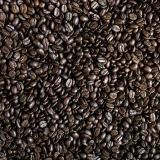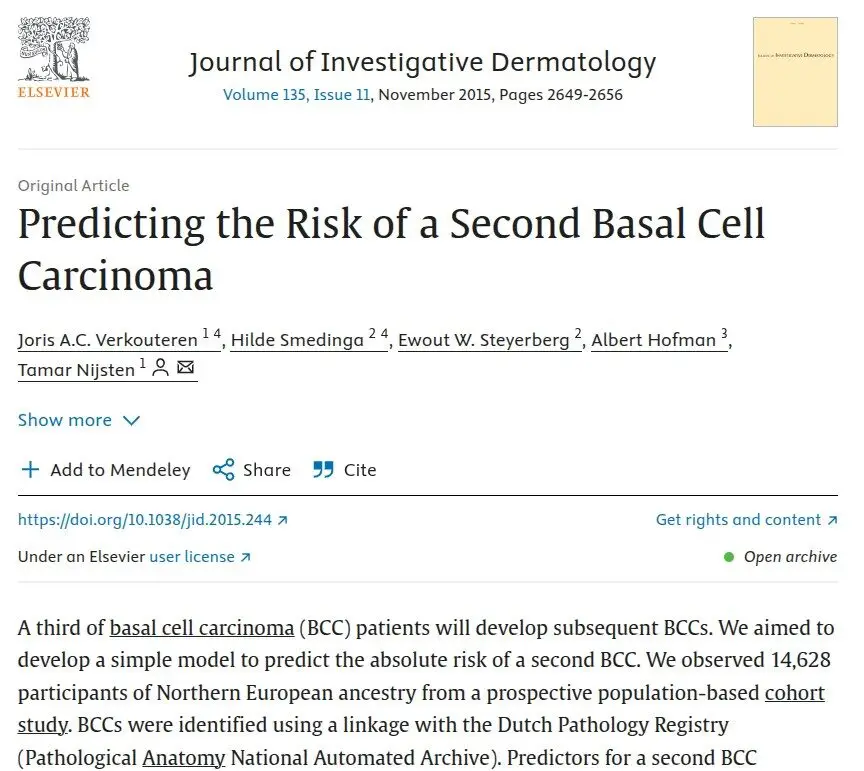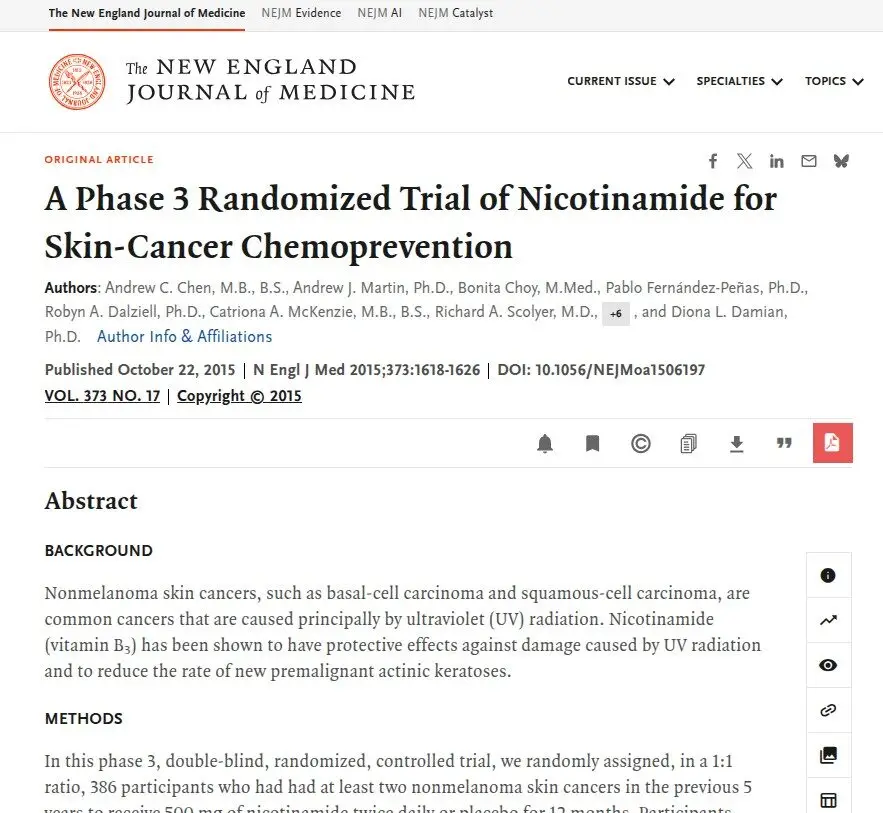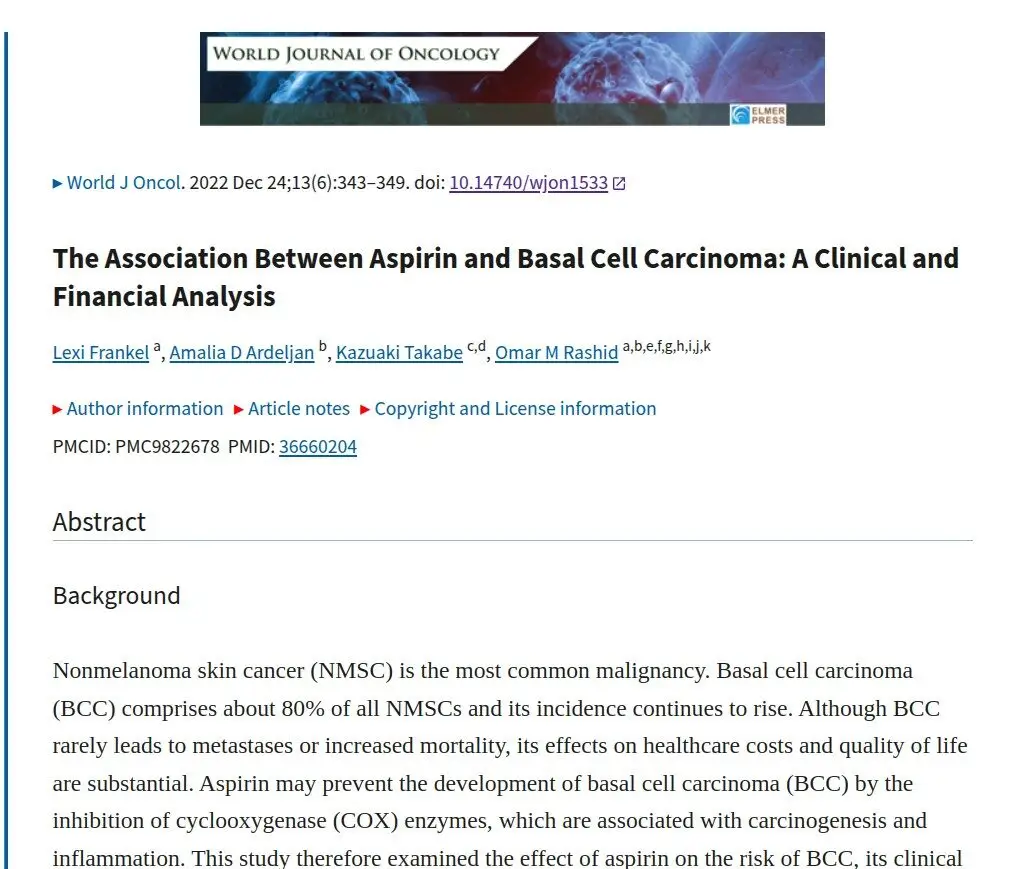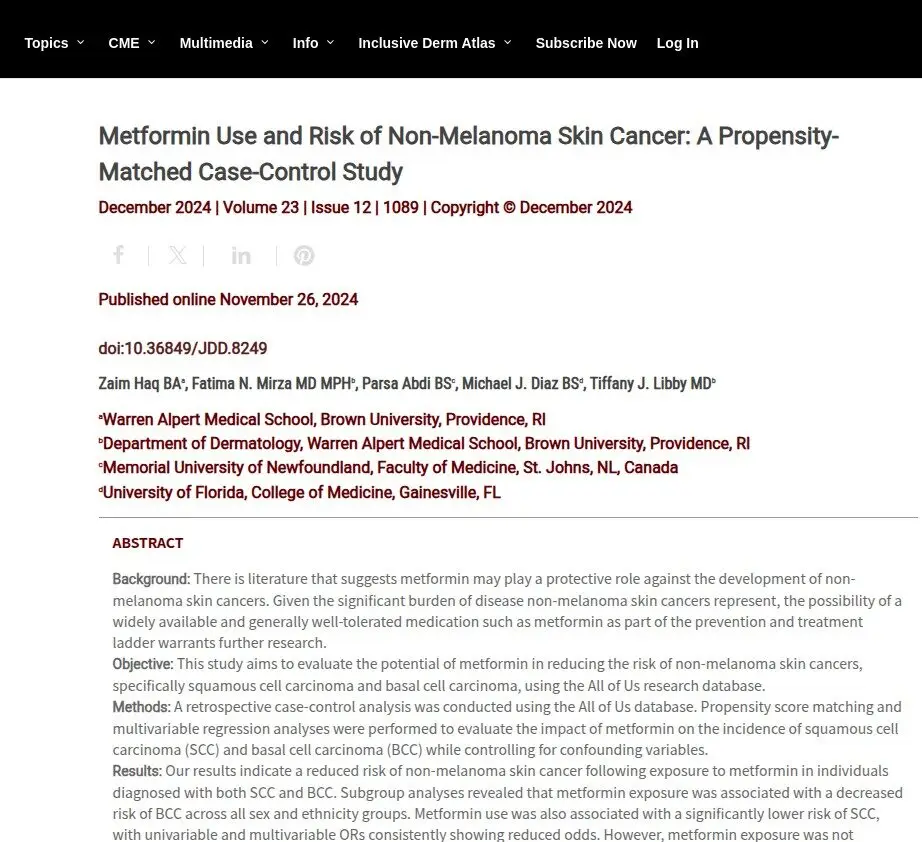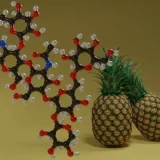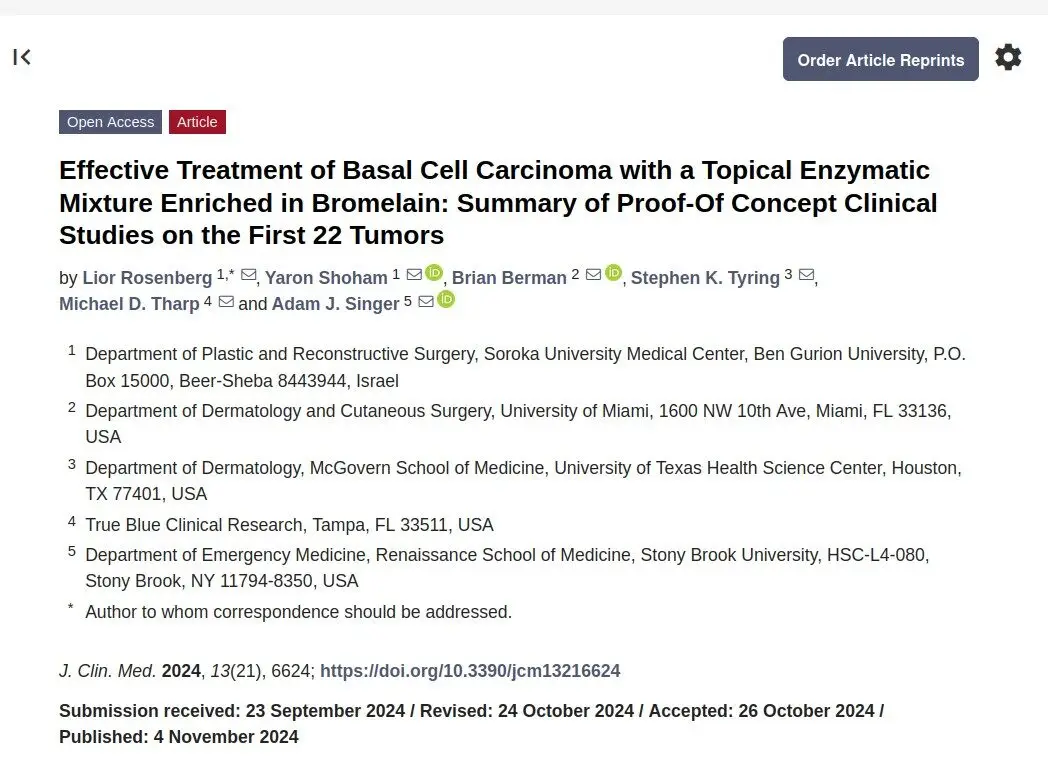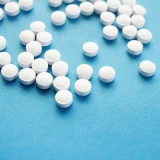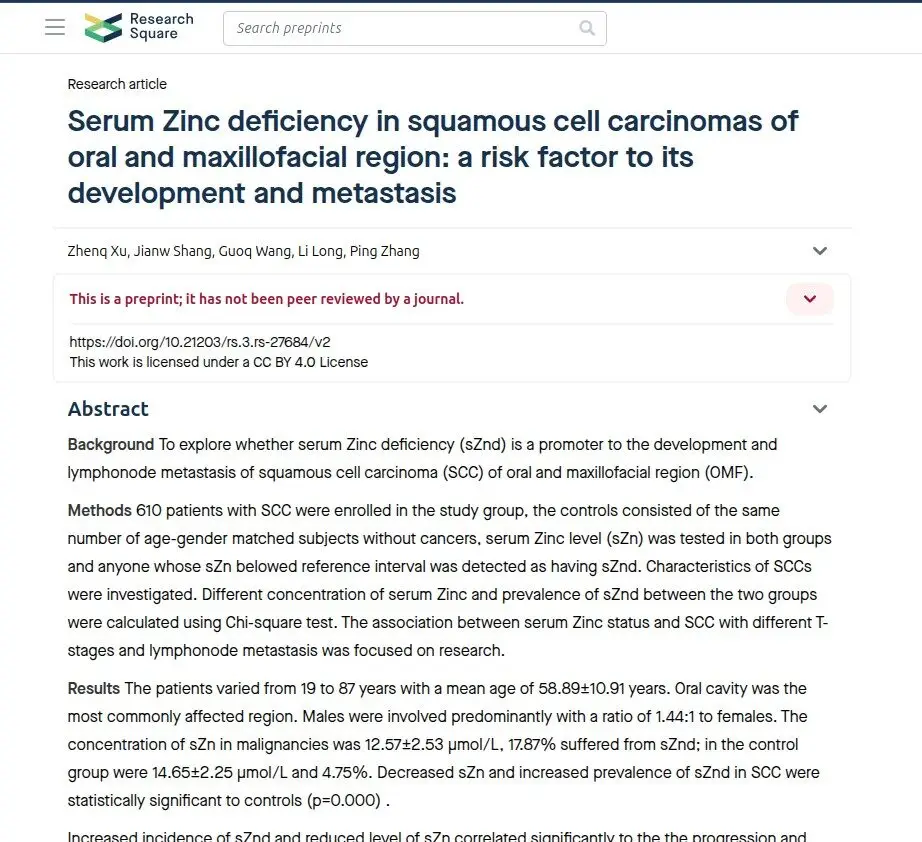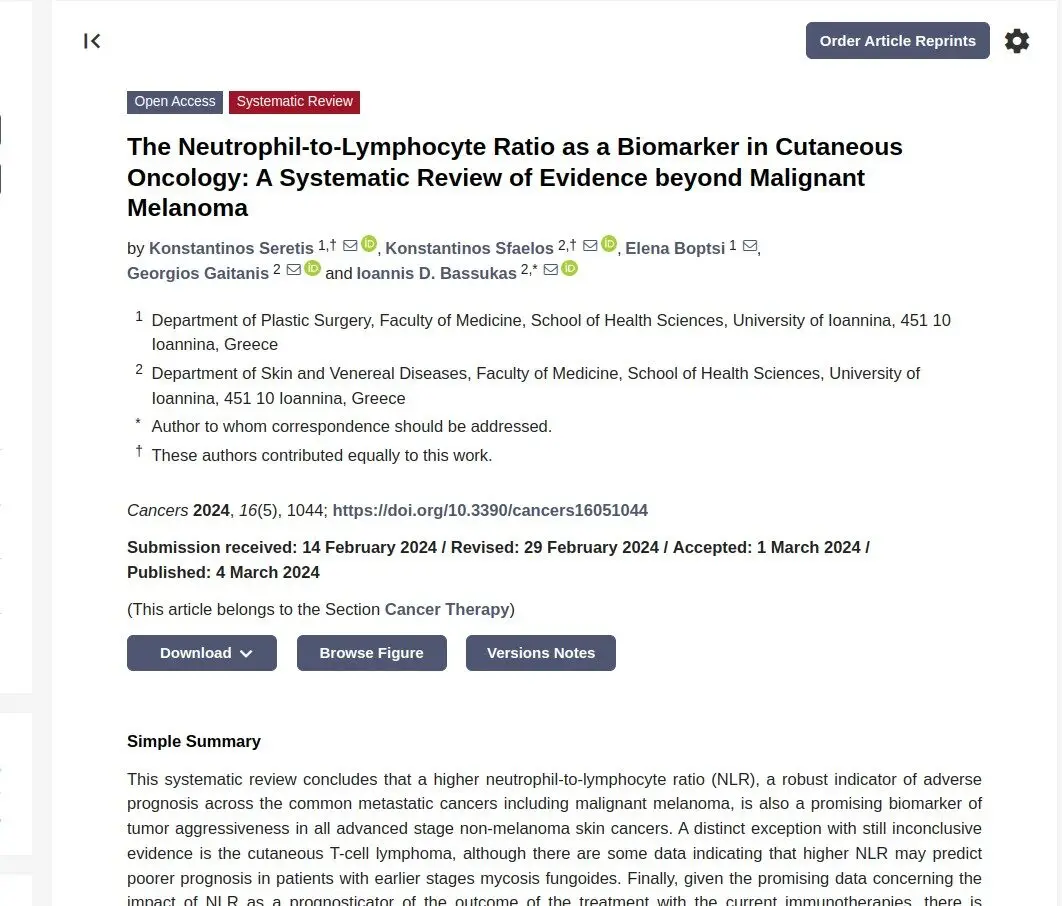Remarkably, coffee consumption reduced the risk of a second BCC (adjusted HR per increase in three cups per day: 0.70). Although caffeinated and decaffeinated coffee consumers could not be differentiated in the overall population, ~90% of the coffee consumers in RS-I, which accounts for most of the included participants, used caffeinated coffee. Several observational studies investigated the association between coffee intake and BCC development.
The form creates your own page where you can describe your plan and upload details of supplements, functional foods and anything else you like to include
UPDATE an existing plan using the form below this one
ALWAYS ANONYMOUS
UPDATES : Select the name of your plan below (“select post”)
Make any changes you want including uploading new files. These will replace your earlier entries.
In case of any issue just reach out using our contact form


